Événements
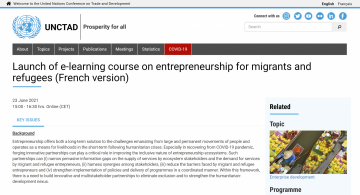





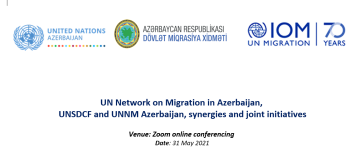
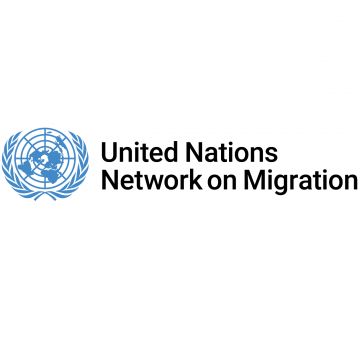

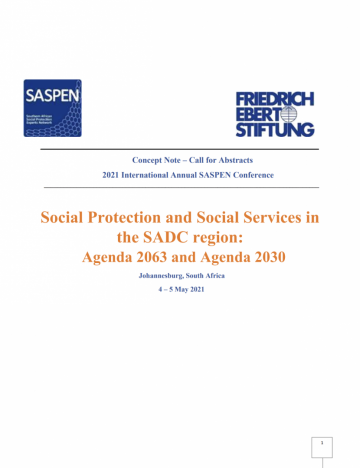

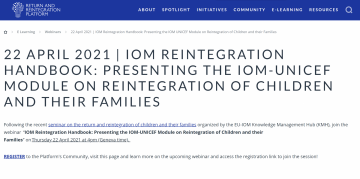
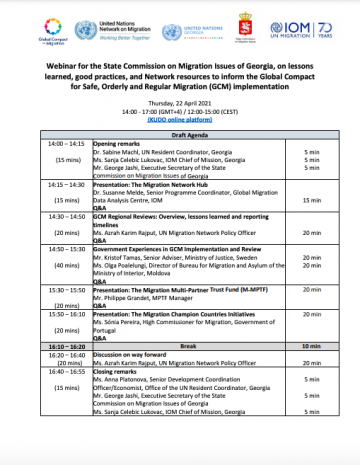

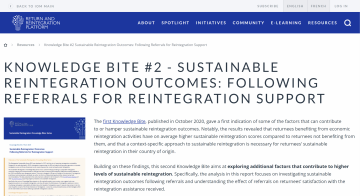
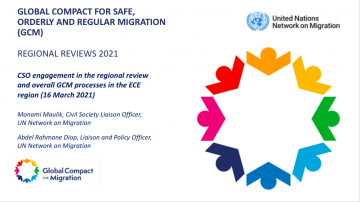
Pagination
About the Migration Network Hub
What is the Migration Network Hub?
The Hub is a virtual “meeting space” where governments, stakeholders and experts can access and share migration-related information and services. It provides curated content, analysis and information on a variety of topics.
The Hub aims to support UN Member States in the implementation, follow-up and review of the Global Compact for Migration by serving as a repository of existing evidence, practices and initiatives, and facilitating access to knowledge sharing via online discussions, an expert database and demand-driven, tailor-made solutions (launching in 2021).
Submit your content
What content is displayed in the Hub?
The Hub aims to help you find information on migration, ranging from policy briefs and journal articles, existing portals and platforms and what they offer, to infographics and videos. The different types of resources submitted by users undergo peer review by a panel of experts from within the UN and beyond, before being approved for inclusion in the Hub. To provide guidance to users based on findings of the needs assessment, the content is ordered so that more comprehensive and global resources are shown before more specific and regional ones. Know a great resource? Please submit using the links above and your suggestion will be reviewed. Please see the draft criteria for existing practices here.
Apply to join the Peer Review Roster
Content submitted to the Migration Network Hub is first peer reviewed by experts in the field from both the UN and beyond. Applications are welcomed to join the roster on an ongoing basis. Learn more here.
Contact us
We welcome your feedback and suggestions, please contact us
*Toutes les références au Kosovo doivent être comprises dans le contexte de la résolution 1244 (1999) du Conseil de sécurité des Nations Unies.
Newsletter
Subscribe to our newsletter.